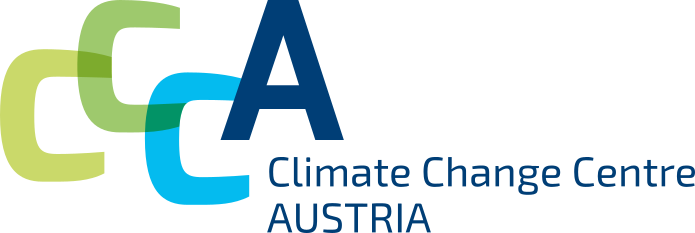The fourth ACRP Dialogue on "Transformative Research" took place on October 21, 2022.
Around 30 representatives from research and administration took part in the 4th ACRP Dialogue to discuss and exchange information on the above-mentioned topic. After the short welcoming speeches by Gernot Wörther (Climate and Energy Fund), Marie-Christine Hopfgartner (BMK), Daniel Huppmann (CCCA Board, IIASA) and Karoline Augenstein (ACRP Steering Committee, University of Wuppertal), the dialog started with two short kick-off presentations. Marianne Penker (BOKU) gave a brief introduction to the topic of transformative research. Gustav Resch (TU Vienna) then shed light on transformation from an energy system perspective. During the break, the participants had the opportunity to network and were able to find out more about the topic of the event with the help of the CCCA factsheet on transformative research.
After the break, the participants entered into dialog in five different small groups and discussed the topic of transformative research based on key questions.
At the end of the event, all groups were able to briefly present their main results in plenary:
Transformative research is well suited
- to identify barriers/problems/conflicts and/or to identify solutions;
- to address socially relevant topics, including distribution issues;
- to develop trans- and interdisciplinary understanding;
- to increase acceptance among the population;
- to promote social dialog.
- Transformative research should not be seen as competing with basic research. Both types of research are important and complement each other.
- Third mission must also be strengthened for strong transformative research (within the university & via BMBWF).
- Not only research, but also research funding, administration/policy and political systems must change in order to achieve large-scale transformations.
- Power relations in particular must be broken down.
- Transformative research should involve all stakeholders and population groups (including vulnerable groups) --> stakeholders become subjects rather than objects.
- Better communication is necessary in the future
- Between science and administration
- Between science and the population (including language!) --> This requires dedicated funding for science communicators
- Transformative research must be anchored in education and training (not only at universities) and through new, innovative formats (e.g. citizens' councils)
- Transformative research should be established institutionally to ensure continuity (e.g. in terms of personnel and funding).
